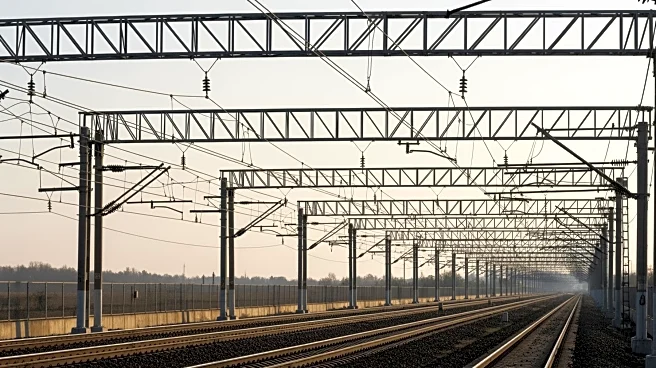Rapid Read • 8 min read
The e-commerce sector is experiencing significant growth, driven by the transition to digital wholesale platforms that facilitate easier access to Indian textile products. This shift is enhancing market growth by making it easier for international buyers to access Indian textile products. The emphasis on sustainability and advanced technologies is boosting the textile industry in India, positioning it as a key manufacturing leader. According to IMARC Group, the India textile market reached USD 146.55 Billion in 2024, highlighting the sector’s rising growth. The adoption of AI and IoT technologies is enhancing efficiency, ranging from predictive maintenance to quality assessments, which is playing a key role in expanding the textile industry market share in India.
AD
The growth of the e-commerce sector and digital platforms is crucial for the Indian textile industry as it opens up new markets and enhances global competitiveness. The emphasis on sustainability and advanced technologies aligns with global trends towards eco-friendly products, which can increase demand for Indian textiles. The adoption of AI and IoT technologies not only improves operational efficiency but also reduces waste, which is important for meeting international sustainability standards. This growth can lead to increased employment opportunities and economic development in India, reinforcing its position as a major player in the global textile market.
The Indian textile industry is expected to continue its growth trajectory, with projections indicating a CAGR of 3.85% from 2025 to 2033, reaching USD 213.51 Billion by 2033. The creation of textile parks in semi-urban and rural regions is fostering growth by increasing production, creating jobs, and enhancing local infrastructure. Initiatives aimed at lowering carbon emissions and saving water are greatly aiding the sustainable change in the industry. The continued adoption of AI in the textile sector is expected to revolutionize shopping experiences, providing tailored recommendations and enhancing user satisfaction.
The transition to digital platforms and the emphasis on sustainability in the Indian textile industry could have broader implications for global trade and environmental standards. As Indian textile companies adopt more sustainable practices, they may influence other industries to follow suit, contributing to global efforts to reduce carbon emissions and promote eco-friendly products. The integration of AI and IoT technologies in manufacturing processes could set new benchmarks for efficiency and innovation in the textile industry worldwide.
AD
More Stories You Might Enjoy












